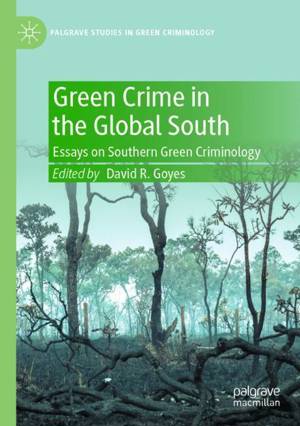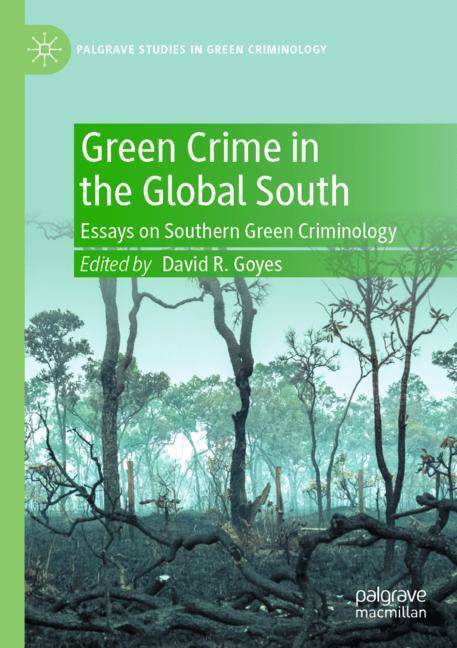
Bedankt voor het vertrouwen het afgelopen jaar! Om jou te bedanken bieden we GRATIS verzending (in België) aan op alles gedurende de hele maand januari.
- Afhalen na 1 uur in een winkel met voorraad
- In januari gratis thuislevering in België
- Ruim aanbod met 7 miljoen producten
Bedankt voor het vertrouwen het afgelopen jaar! Om jou te bedanken bieden we GRATIS verzending (in België) aan op alles gedurende de hele maand januari.
- Afhalen na 1 uur in een winkel met voorraad
- In januari gratis thuislevering in België
- Ruim aanbod met 7 miljoen producten
Zoeken
Green Crime in the Global South
Essays on Southern Green Criminology
€ 208,45
+ 416 punten
Omschrijving
This book presents a socio-criminological study of environmental crime in the global South. It gathers contributors from all the regions of the geographical global South (Africa, Asia, Oceania, and Latin America) to discuss instances of environmental crime and conflict. Overall, it seeks to further decolonise the knowledge production of green criminology. It considers the legacy of colonisation, North-South and the core-periphery divides in the production of environmental crime, the epistemological contributions of the marginalised, impoverished, and oppressed, and the unique contexts of the global South. This book has three sections: drivers of green crime in the global South; responses to environmental harm in the global South; and global dialogues about crime and destruction in the global South. The first two sections represent the breadth of the topics that green criminologists have historically studied but from unique perspectives. The third section explores ethical anddecolonial ways for Southern green criminology to collaborate with Western academia. This book speaks to scholars in criminology, political ecology, decolonial theory, along with the many readers interested in the interactions between humans and nature.
Specificaties
Betrokkenen
- Uitgeverij:
Inhoud
- Aantal bladzijden:
- 323
- Taal:
- Engels
- Reeks:
Eigenschappen
- Productcode (EAN):
- 9783031277566
- Verschijningsdatum:
- 12/07/2024
- Uitvoering:
- Paperback
- Afmetingen:
- 148 mm x 18 mm
- Gewicht:
- 451 g

Alleen bij Standaard Boekhandel
+ 416 punten op je klantenkaart van Standaard Boekhandel
Beoordelingen
We publiceren alleen reviews die voldoen aan de voorwaarden voor reviews. Bekijk onze voorwaarden voor reviews.








